Although many people who grew up poor don’t necessarily shout about it, the memories will be ingrained in their minds. At some point, poor people will make it evident to others that they did not have much money growing up. We take a look through 21 behaviors that are dead giveaways someone grew up poor:
Having Trouble Buying Nice Things

Having limited resources for a long time can create a lasting mindset of prioritizing essential needs over wants for people who grew up poor. Even when finances improve, the fear of scarcity may persist, leading to hesitance towards spending on non-essentials.
Saving Every Penny

People who grew up poor understand the importance of having financial reserves to weather unexpected emergencies or periods of reduced income. Suppose financial hardship has been a recurring theme in their family history. In that case, they might prioritize saving to break the cycle and secure a more stable future for themselves and future generations.
Talking About Prices

While some wealthy people will brag about it, most people with money will keep quiet about it. On the other hand, people who grew up poor may take pride in how much they have paid for something they would once never have afforded. They may also talk about the prices of things as they would have had to check the affordability of something growing up.
Holding on to Possessions

If someone grew up poor, possessions could have been few and far between, so letting go of things when they had them would have been rare. Holding things close may carry on into adulthood, with people holding on to the things they feel are important to them or have strived hard to buy.
Always Having Backups

Knowing you have a safety net reduces financial anxiety and allows you to sleep better at night. You can face challenges with greater confidence, knowing you have the resources to navigate them. This is especially the case for people who grew up poor.
Taking Free Food
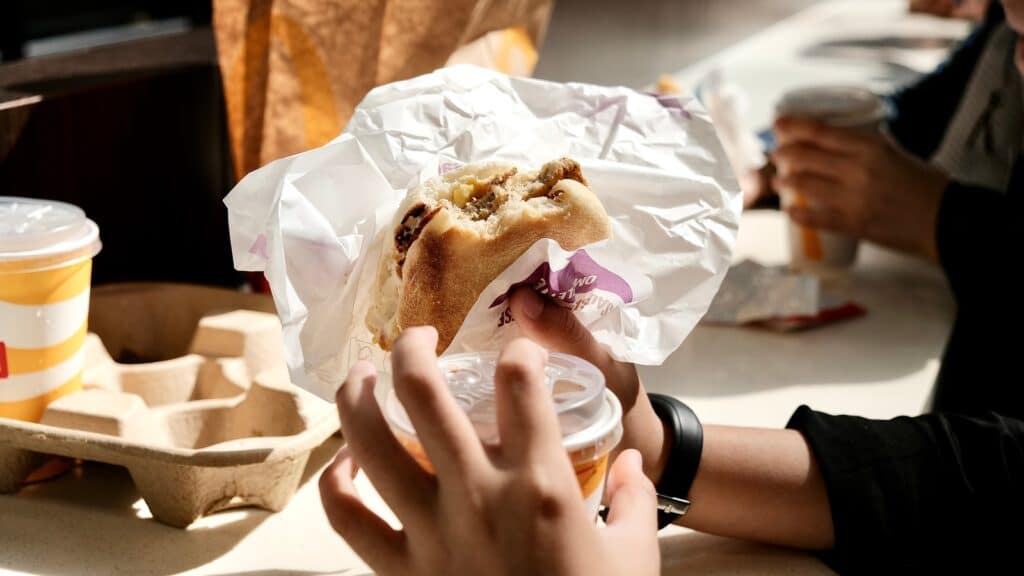
Whether it is a work event or a hotel breakfast buffet, people who grew up poor will grab all the food they can on their way out. Food may have been scarce in some households, and treats certainly would have been, so it is to be noticed when the opportunity to take free food is there.
Having Disposable Kitchenware
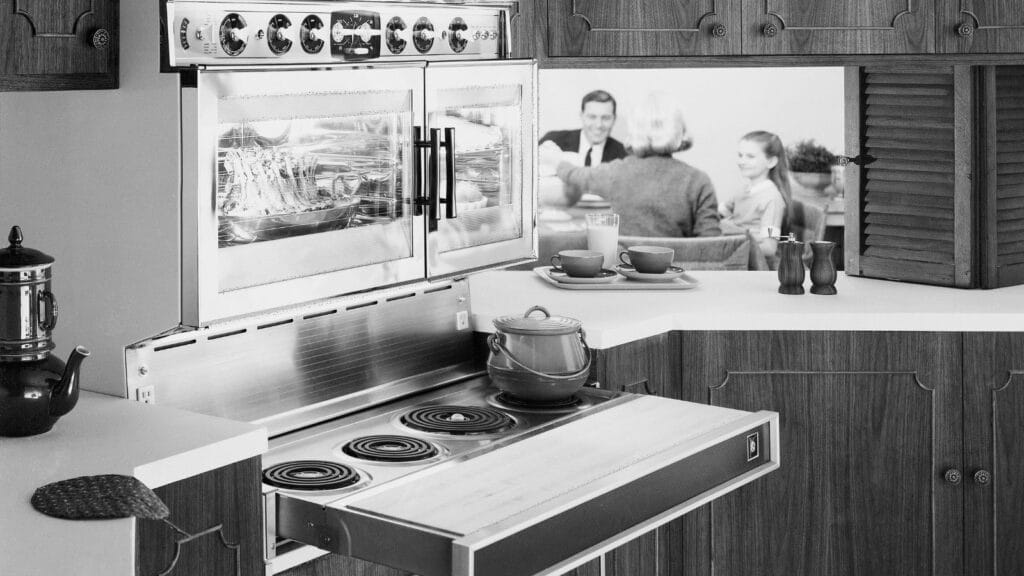
Many people use disposable dishes or Tupperware when growing up in a poor household; some need help to kick the habit. If you see a friend eating from a disposable bowl, they may have grown up poor.
Saving Money Instead of Investing It

Investing involves inherent risk, and some individuals are naturally more risk-averse and prefer the security of guaranteed returns, even if they are lower, offered by savings accounts. This is especially true if someone grew up poor and held on to every dollar they had.
Having Plastic Bags Everywhere

Reusable bags can be valuable tools for people who manage their finances and resources effectively. Some individuals reuse plastic or store bags for various purposes, finding creative ways to extend their lifespan and reduce waste. It’s important to remember that everyone has different financial realities and makes choices based on their unique circumstances and needs.
Eating Low-Quality Foods

Many people facing economic challenges struggle to access nutritious food due to systemic factors like food deserts and higher prices. If people have grown up eating low-quality food, they may have developed a habit that’s difficult to get out of.
Being Nervous Around Nice Things

Negative experiences with new things in the past can create anxiety and a fear of repeating those experiences. Not being around nice or expensive items may make people feel uncomfortable when they are older.
Not Using Dryers
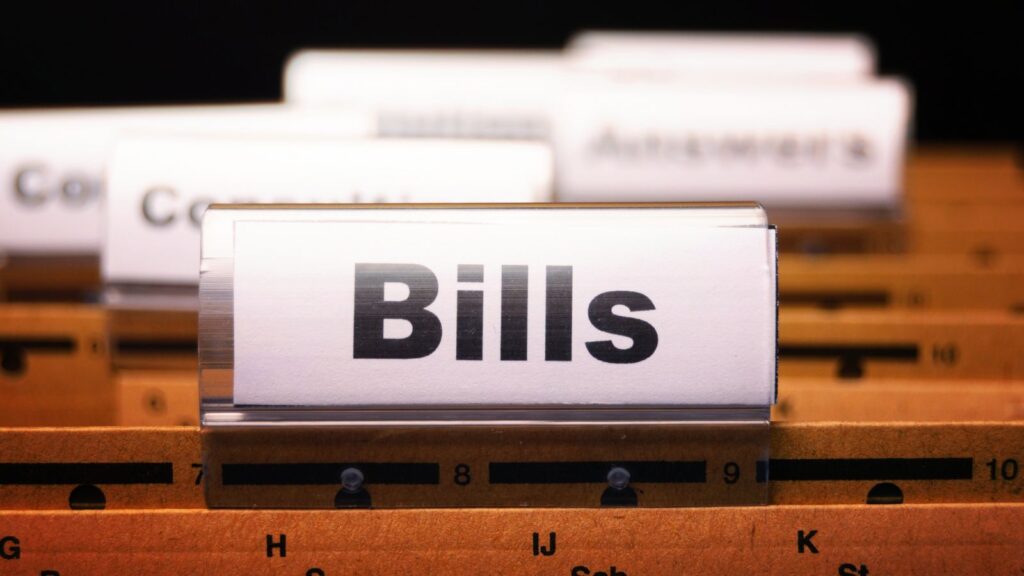
Using dryers is very expensive, both for the initial cost and the monthly energy bills. Growing up poor likely meant you had a clothes horse or an outdoor washing line to dry your clothes, a habit that sees you through to adulthood.
Unwilling to Buy New Items

Some people who grew up poor will still buy from thrift stores and online auction sites rather than buy brand-new ones. Being frivolous with their cash by buying new clothing and accessories is not on a poor person’s radar.
Keeping Everything Until the Very End
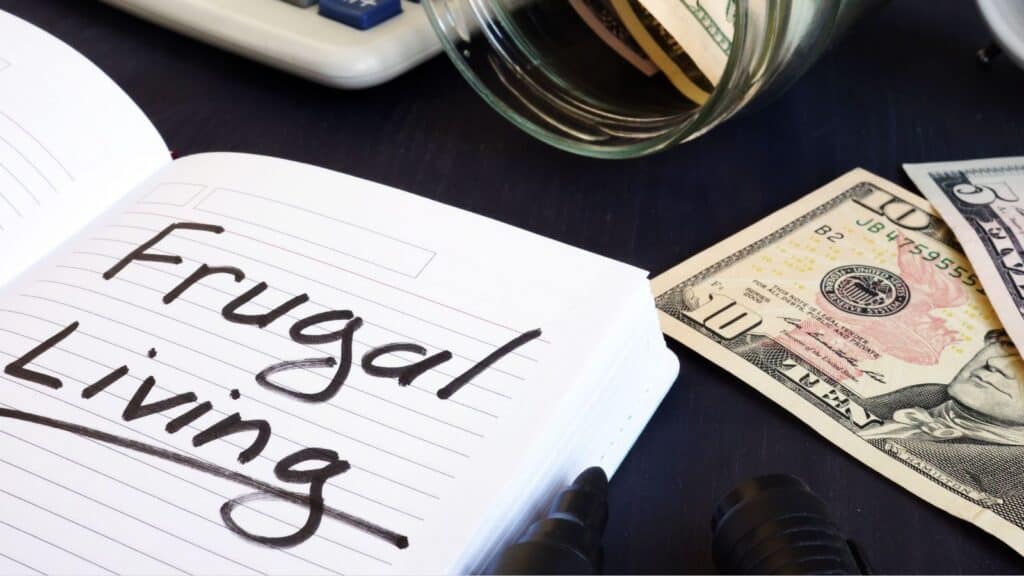
Some poor people value frugality and resourcefulness, leading individuals to hold onto items longer. Additionally, certain familial beliefs emphasize preserving memories and heirlooms, further contributing to a desire to keep things, even when one does have money.
Working Long Hours

Many people who grew up poor have a strong work ethic, but they may not know when to switch off. Having to work to earn nice things is ingrained in some people, so the habit of working to receive treats is hard to get out of.
Unable to Manage Money

People who grew up poor may need more financial literacy. Understanding basic financial concepts like budgeting, saving, and debt management can be crucial. However, many individuals need access to or have not received proper financial education, leaving them unprepared to make informed decisions.
Always Being Ready to Be Poor Again

Past experiences shape our present, and it’s natural to be cautious during financial difficulties. This is why some people who grew up poor are always preparing for the possibility that they may face financial hardship again.
Being Generous

Being poor meant sharing many things with family members, and the sense of sharing remains in adults who grew up with little money. You may see people who were once poor being generous to others as they can sympathize with others needing support.
Never Travelling

If people could not travel when they were younger due to money, they may feel nervous about traveling or uncomfortable spending so much on vacation. They may prefer weekend breaks near home, where it feels most comfortable.
Never Smiling

Dentist trips may have been non-existent when people grew up poor, meaning many will have experienced tooth decay or discoloration. Being nervous about smiling could indicate that someone neglected their teeth when they were younger.
Buying Cheap Items
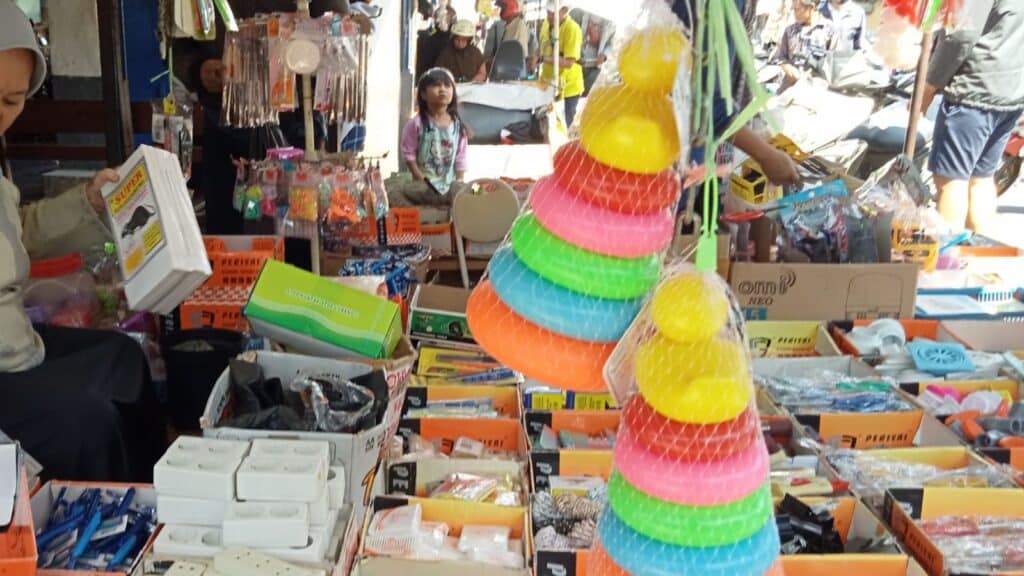
No matter how much people earn as adults if they grow up poor, they are likely to still be frugal when they go to the grocery store. Looking out for bargains and using coupons may be the norm for people who are used to buying cheap food.
19 Grim Realities of Dating After 50 That Are Often Overlooked

19 Grim Realities of Dating After 50 That Are Often Overlooked
26 Things That Will Be Extinct Because Millennials Refuse to Buy Them

26 Things That Will Be Extinct Because Millennials Refuse to Buy Them
24 Outdated Slang Terms You Absolutely Shouldn’t Be Using Anymore

24 Outdated Slang Terms You Absolutely Shouldn’t Be Using Anymore
25 Hardest Parts About Getting Older That No One Ever Talks About

25 Hardest Parts About Getting Older That No One Ever Talks About




